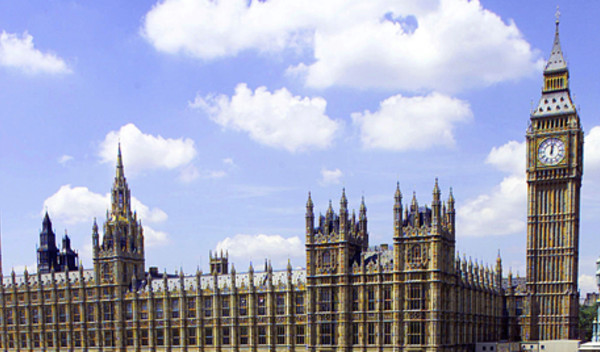

Mortgage market experts have cautiously welcomed government action on pre-election housing policies that are expected to be confirmed later this morning (27 May) in the Queen’s Speech to mark the official state opening of parliament.
In April the Conservative Party promised to build 200,000 starter homes over the course of this parliament, reserved for first-time buyers under 40 and sold at 20 per cent below the market price, along with the controversial re-starting of the Right to Buy scheme.
The latter pledge was to extend the Right to Buy to up to 1.3m tenants of housing associations in England, meaning thousands of housing association tenants can take a discount capped at just over £102,700 in London and £77,000 for the rest of England.
Housing associations would be required to re-build properties on a one-for-one basis with sales under the scheme, funded by enforced sales of higher-value vacant council properties.
Richard Sexton, director of E.surv chartered surveyors, welcomed the government acting quickly, but added that minor tweaks to the system cannot possibly mop up all the buyers who want to get on the housing ladder today.
“The extension of Right to Buy to housing association tenants does help make an unfair system more balanced. However, there will be a time lag between selling off stock and building new properties.
“In the meantime, the waiting list of tenants needing housing could get substantially longer; that will have a knock-on effect on the private rented sector and the purchase market.”
He also pointed out that earmarking land to make it easier and quicker to self-build is a positive nod towards increased housebuilding, although the process remains far from simple.
“Planning regulations are still far too restrictive and the number of skilled workers who can physically put a house together is another anchor on new housing volumes.”
David Whittaker, managing director of Mortgages for Business, warned that one real danger from today’s announcements could be an “eagle-eyed” focus on homeownership at the expense of other tenures.
“A homeowning society of ‘Grand Designs’ would be ideal – but in reality people often need homes they can afford near their place of work.
“So the government must ensure that any pledge to replace housing association properties sold off through Right to Buy actually happens – and shouldn’t overlook the role of the burgeoning private rented sector.”
He argued that while new homes are the solution to most of the UK’s property problems, planning is not the only building bottleneck, with a scare supply of finance for the best part of a decade also being an issue that needs to be addressed.
“Specialist lenders with the know-how and the imagination to support property development schemes are making excellent returns and supporting vital new homes. But they are the tiniest minority compared to the main bulk of the mortgage machine lending against the understandable safety of existing property.”
At the beginning of this month, developers, pension funds and housing associations offered £30bn to the government for new homes if they support a US-style rental revolution.
An open letter to the new government, backed by Hermes, Legal and General, Grosvenor and M3 Capital Partners together with the British Property Federation, stated the ‘build-to-rent’ sector could play a crucial role in solving the housing crisis as the amount is is potentially enough to build more than 150,000 homes housing around 350,000 people.
Alongside details of the new Housing Bill, the Queen’s Speech will also feature plans from the prime minister to raise the income tax personal allowance to £12,500 by 2020.
David Cameron confirmed that legislation will be brought forward to ensure that future increases to the income tax personal allowance reflect changes to the National Minimum Wage.
“This will mean that people working 30 hours a week on the minimum wage will not pay any income tax,” he stated, adding that this is expected to benefit around 30m working people.
The government will also bring forward legislation for a five-year tax lock, which means there will be no income tax, VAT or national insurance rises in this parliament.
peter.walker@ft.com



